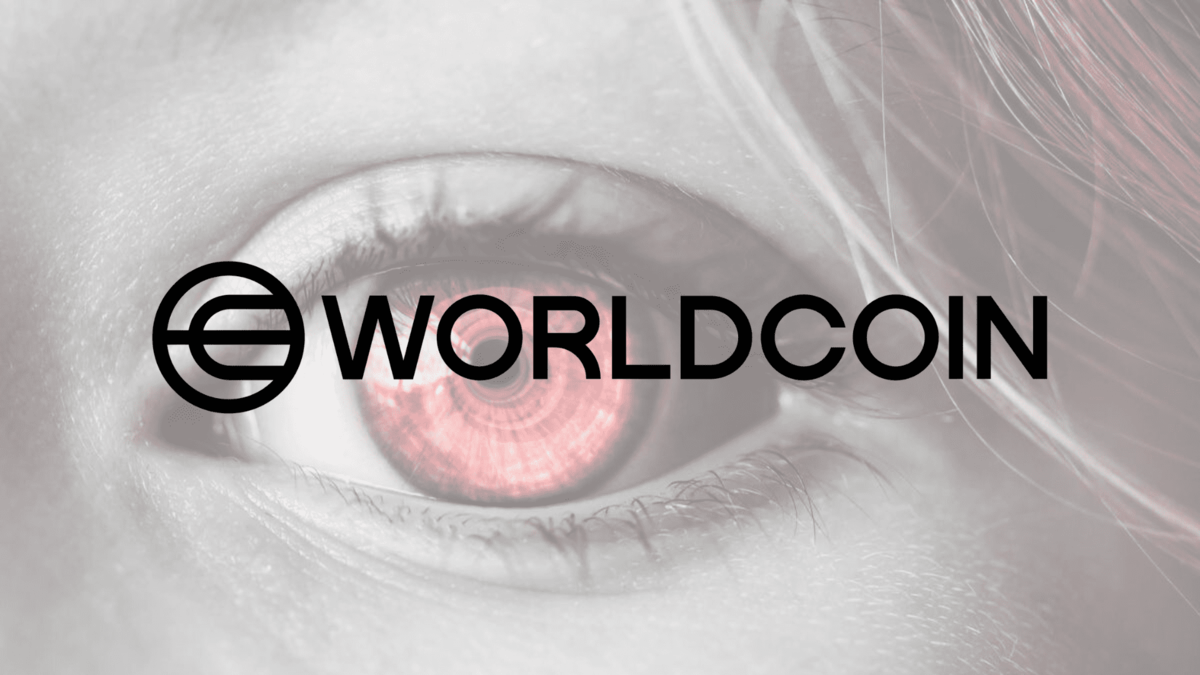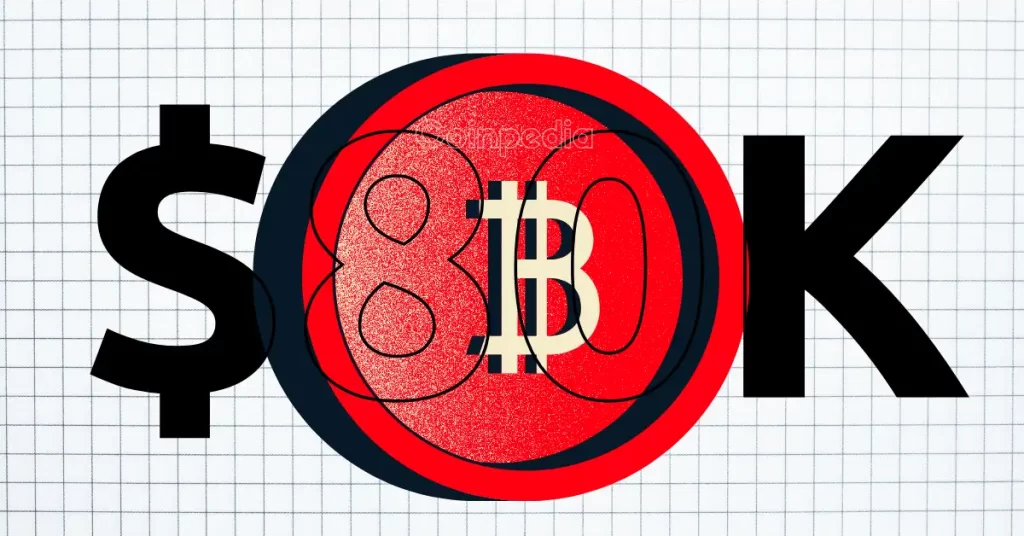Global Privacy Concerns Prompt Bans on Worldcoin’s Biometric Data Collection

- Worldcoin’s biometric data collection sparks global concern among privacy advocates and regulators.
- Regulators in multiple countries, including Spain and Hong Kong, have banned Worldcoin’s collection of biometric data.
Worldcoin, an AI-centric identification project with its cryptocurrency, faces increasing scrutiny from privacy advocates and regulators worldwide. The project, founded by Sam Altman, aims to create a global financial and identity network based on proof of personhood. Despite its ambitious goals, the collection of biometric data through iris scans has raised significant privacy concerns.
Over 5 million participants scan their irises through a silver sphere, and Worldcoin offers online ID verification and rewards users with its cryptocurrency, WLD. Despite claims of creating a global financial and identity network based on “proof of personhood,” Worldcoin faces significant criticism from privacy advocates like Edward Snowden and tepid support from the crypto community.
Global Regulatory Crackdown
Regulators in many countries have started to take action against Worldcoin. In 2023, nations like India, South Korea, Kenya, Germany, and Brazil began investigating the company’s data collection practices. The situation escalated in 2024, with Spain becoming the first country to ban Worldcoin’s biometric data collection on March 18. The Spanish Data Protection Agency cited several issues, including insufficient information provided to users, data collection from minors, and inadequate options for withdrawing consent.
On May 22, Hong Kong halted all Worldcoin operations, criticizing the company’s retention of biometric data for up to 10 years for AI model training. Other European countries are considering similar actions, with Germany likely playing a pivotal role due to its status as Worldcoin’s European headquarters.
The PCPD has accused Worldcoin of collecting iris and facial images from over 8,000 residents of Hong Kong using an iris-scanning device. While Worldcoin claims that the biometric data is hashed and not stored in image form, the regulator maintains that such data collection was unnecessary and excessive, violating local privacy laws. In addition to the alleged privacy violations, the PCPD criticized Worldcoin for failing to provide sufficient information to users, hindering informed consent.
Worldcoin’s Response and Efforts to Reassure
In response to the mounting regulatory pressure, Worldcoin has made efforts to increase transparency and security. Shortly after Spain’s ban, the company made its Orb software open source and introduced a privacy feature called “Personal Custody,” as previously reported by Crypto News Flash. Allowing users to self-custody their data. Worldcoin claims that once data is sent from the Orb to the user’s World App, no unencrypted copies exist anywhere.
The company also passed a third-party audit that found no direct vulnerabilities in the Orb software’s encrypted messaging. Furthermore, Worldcoin has open-sourced a secure multiparty computation used in its biometric data system, and users can now securely delete their old iris codes.
Future Prospects and Challenges
Worldcoin acknowledges the complexity and potential for misunderstanding its technology. The project stated its commitment to participating in discussions to increase understanding and address misconceptions.
Despite facing regulatory scrutiny, Worldcoin has been commended for its recent efforts to enhance data privacy. Ethereum co-founder Vitalik Buterin has praised the project for its strides in this area. However, the road to regulatory compliance remains challenging as Worldcoin navigates the complex landscape of data protection laws across different jurisdictions.









